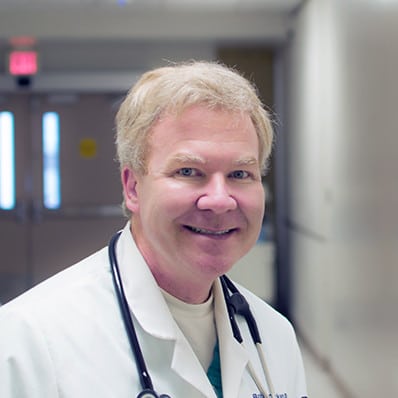Act Fast: Dr. Robert Corkern’s Guide to Responding to a Heart Attack
Act Fast: Dr. Robert Corkern’s Guide to Responding to a Heart Attack
Blog Article

Quick cardiac charge (SCA) is just a medical emergency that can strike without warning, often resulting in death if not treated immediately. Dr Robert Corkern, a well-known cardiovascular expert, offers an obvious and actionable information for responding to sudden cardiac arrest. Each time a person's center instantly stops whipping, quick and effective activity is a must to truly save their life. Dr. Corkern's strategy is targeted on quick care, including recognizing the signs of SCA, calling for crisis support, doing CPR, and having an Computerized Additional Defibrillator (AED).
Realizing Quick Cardiac Arrest
Dr. Corkern explains that realizing sudden cardiac arrest could be the first step in providing immediate care. Unlike a heart attack, which may present with chest suffering or discomfort, sudden cardiac arrest does occur once the heart suddenly prevents defeating due to a power malfunction. The individual might collapse, eliminate consciousness, and stop breathing or show abnormal breathing, such as for instance gasping. It's essential to see that in the case of SCA, the average person may be seemingly unresponsive and haven't any pulse. Immediate action is needed to prevent dangerous consequences.
Necessitate Emergency Support Immediately
Time is of the substance when coping with sudden cardiac arrest. Dr. Corkern worries the importance of contacting disaster solutions as soon as possible. Immediate medical intervention is essential to replace the heart's regular rhythm. Dialing 911 or the neighborhood disaster quantity signals trained professionals who can offer advanced attention, such as for example intubation, medicine, or defibrillation, that could be required to support the individual's condition. While looking forward to medical responders to arrive, every effort to fix the person should carry on without delay.
Conduct High-Quality CPR
Dr. Corkern stresses that doing supreme quality CPR (cardiopulmonary resuscitation) is essential in maintaining body flow to the brain and crucial organs all through sudden cardiac arrest. If the person is unresponsive and not breathing, begin CPR immediately. Dr. Corkern proposes chest compressions at an interest rate of 100-120 each minute, forcing difficult and fast at a level of at the very least two inches. After each 30 compressions, supply two relief breaths, ensuring that the airway is open. If you're maybe not been trained in giving relief breaths, doing hands-only CPR (continuous chest compressions) is still extremely effective.
Use an Computerized Outside Defibrillator (AED)
An Computerized External Defibrillator (AED) is really a lightweight unit that could offer an electrical surprise to one's heart to revive its typical rhythm. Dr. Corkern worries an AED is one of the most crucial resources for treating quick cardiac arrest. If one can be acquired, it should be used the moment possible. AEDs are designed to be user-friendly, with step-by-step style directions that manual the consumer through the process. After the AED is attached with the patient, it'll analyze their center beat and, if needed, provide a shock to the center to perhaps restart typical electrical activity.
Continue steadily to Monitor the Person's Issue
Even after initiating CPR and utilizing an AED, Dr. Corkern says that the individuals condition be closely monitored until support arrives. Keep on performing CPR if necessary, and keep an eye on the breathing, pulse, and over all response. If the individual regains mind and starts breathing commonly, place them in the recovery position (lying on their side with their mind tilted back) to make sure their airway remains clear. If their center prevents again, carry on CPR until medical responders appear or the person shows signals of life.
6. Follow-Up and Post-Emergency Treatment
After crisis responders occur, they'll take over and provide advanced treatment, such as for instance sophisticated airway management, intravenous drugs, and stabilization. Dr. Corkern proposes that those that endure a sudden cardiac arrest event obtain the full medical evaluation to determine the explanation for the arrest and begin therapy to avoid potential incidents. This might include life style changes, drugs, or, sometimes, the implantation of a defibrillator to regulate heart rhythms.
In summary, sudden cardiac charge is a medical emergency that needs quick and critical action. Dr Robert Corkern Mississippi's method emphasizes realizing the signals of SCA, contacting crisis solutions, performing CPR, utilizing an AED, and ongoing to check the individual's condition. By subsequent these measures, you are able to boost the odds of survival in a cardiac emergency, and probably save your self a life. Dr. Corkern's assistance is a crucial reference in ensuring a swift, powerful a reaction to quick cardiac arrest.
Report this page